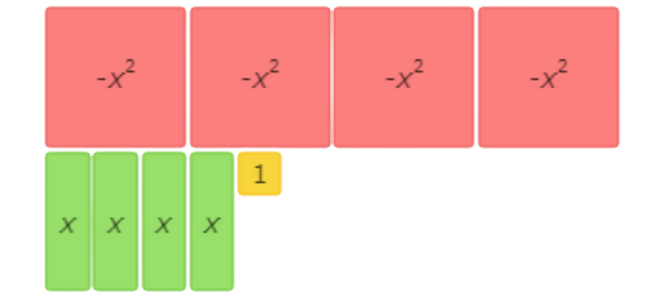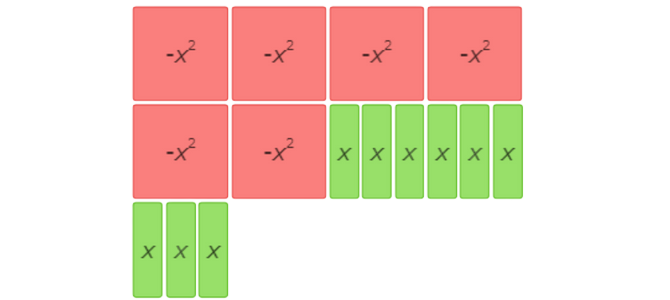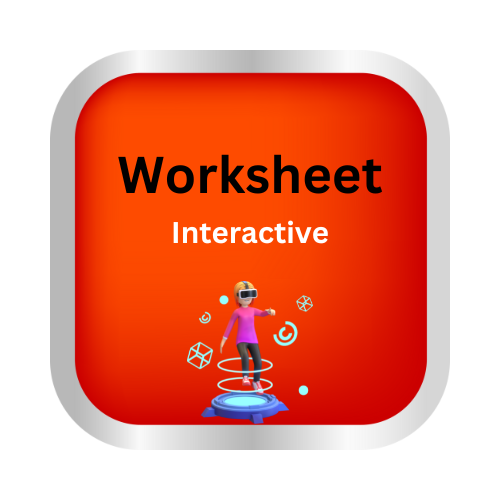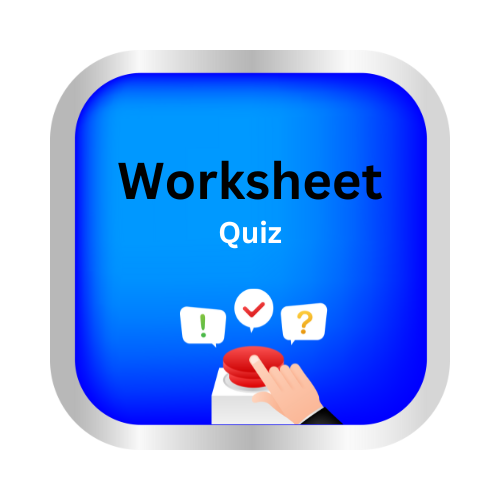Model polynomials with algebra tiles
key notes:
- Introduction to Algebra Tiles:
- Algebra tiles are physical or virtual manipulatives that represent variables and constants in algebraic expressions.
- Tiles typically come in different colors and shapes, with each color representing a different algebraic element.
- Basic Tile Representations:
- Small squares or rectangles often represent positive unit values, while their negative counterparts are represented by tiles of the same shape but a different color.
- Larger tiles, such as rectangles or squares, represent variables raised to higher powers.
- Building Monomials:
- Monomials are algebraic expressions with a single term.
- Use tiles to represent constants (single-color tiles) and variables (tiles with multiple colors) to build monomials.
- Adding and Subtracting Polynomials:
- To add or subtract polynomials, arrange tiles of like terms in columns.
- Combine tiles vertically to simplify the expression.
- Multiplying Polynomials:
- Use the area model to represent the product of two binomials.
- Arrange tiles to form rectangles, where the dimensions represent the factors, and the area represents the product.
- Factoring Polynomials:
- Represent factoring as the process of breaking down a rectangle into smaller rectangles.
- Identify common factors and use tiles to visually demonstrate factoring.
- Understanding Zero Pairs:
- A zero pair occurs when a positive tile and a negative tile cancel each other out, resulting in zero.
- Emphasize the concept of balancing equations using zero pairs.
- Visualizing Algebraic Operations:
- Encourage students to manipulate the tiles to visually understand algebraic operations, fostering a deeper conceptual understanding.
- Solving Equations:
- Represent equations with tiles to demonstrate the equality concept.
- Use tiles to model the steps involved in solving equations, such as isolating the variable.
- Interactive Learning:
- Utilize both physical and virtual algebra tiles for interactive and engaging learning experiences.
- Online platforms may provide virtual manipulatives for practicing algebraic concepts.
Learn with an example
➡️ What expression does this set of algebra tiles represent?

Combine like terms. For example, write 3 instead of 1 + 1 + 1.
Count the tiles:


This set of algebra tiles represents the expression –4 x2 + 4x + 1.
➡️ What expression does this set of algebra tiles represent?

Combine like terms. For example, write 3 instead of 1 + 1 + 1.
Count the tiles:


This set of algebra tiles represents the expression –6x2 + 9x.
➡️ What expression does this set of algebra tiles represent?

Combine like terms. For example, write 3 instead of 1 + 1 + 1.
Count the tiles:


This set of algebra tiles represents the expression –3x2 + 5x + 10.
let’s practice!🖊️

